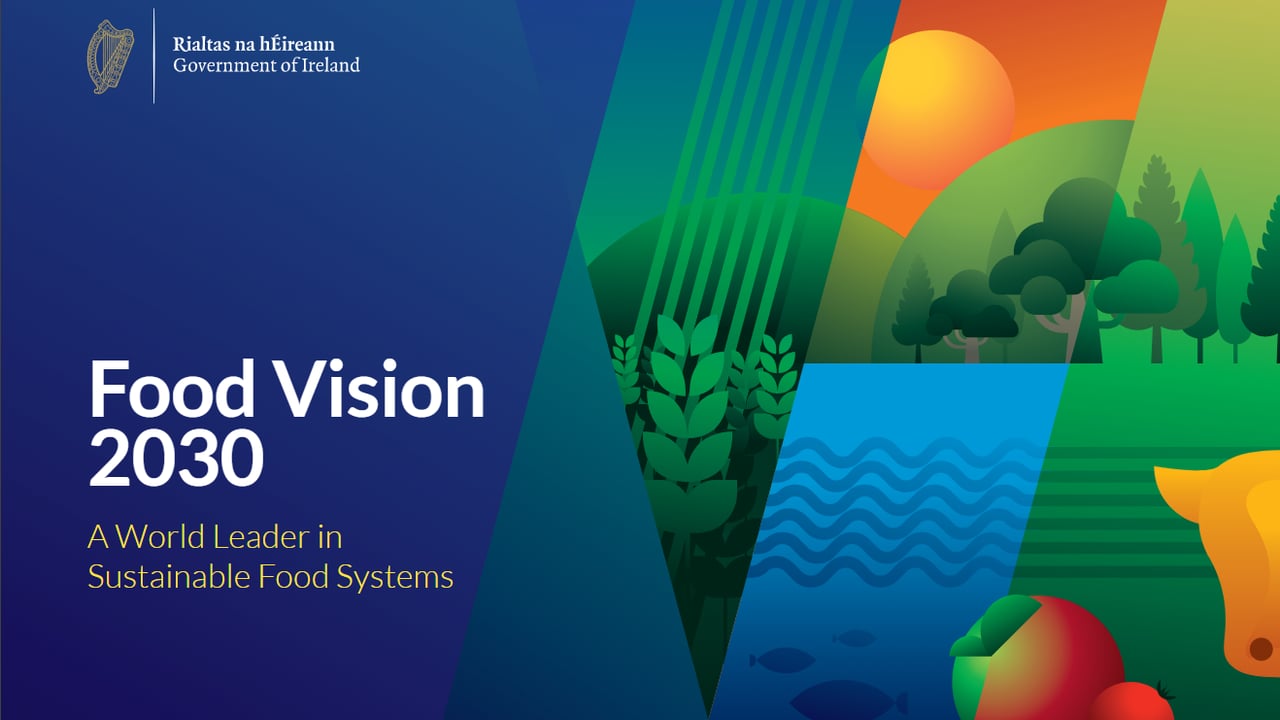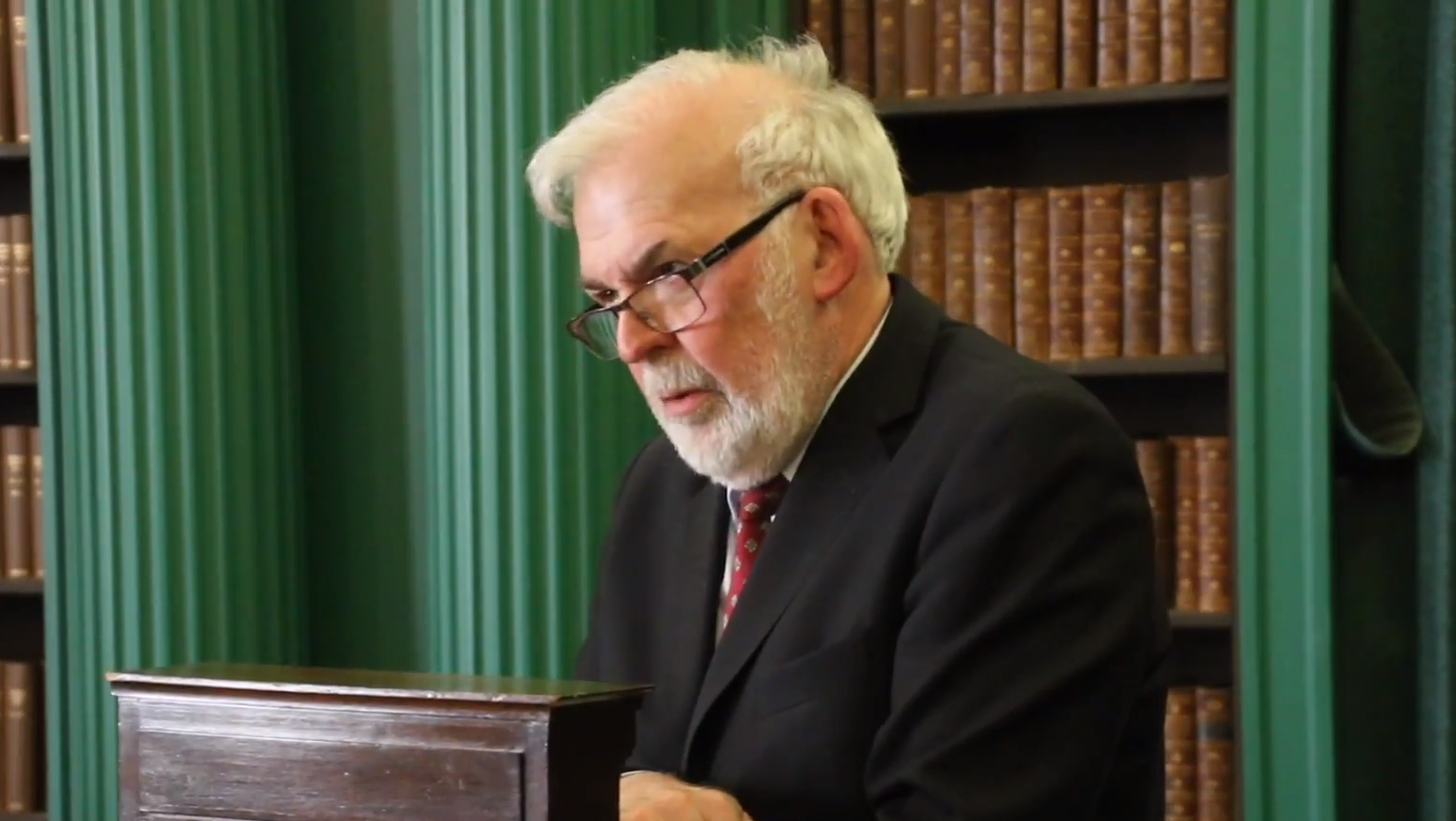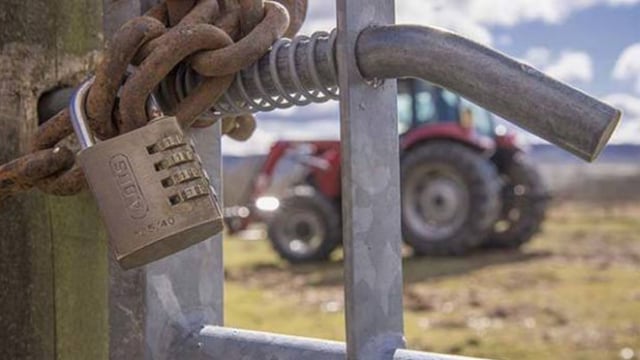Food strategy a 'detrimental blueprint' for agriculture - Environmental Pillar
The government's 10-year food and drinks strategy, Food Vision 2030, has been described as 'another detrimental blueprint for agriculture' by the Environmental Pillar, the organisation that withdrew its cooperation from the 2030 Agri-Food Strategy Stakeholder Committee last February.
The environmental coalition cut ties with what it described as the 'industry-dominated' committee due to concerns it had about the strategy's shortcomings on climate, biodiversity, water and air quality.
The coalition also stated that its suggestions were "largely disregarded, despite growing calls for climate and biodiversity action".
Food Vision 2030 has been described by government as an 'ambitious and innovative roadmap for the agri-food sector' that will "further enhance Ireland’s position as global leader in safe, sustainable agri-food exports".
The aim of the strategy is for Ireland to become a world leader in sustainable food systems over the next decade, based on a 'climate-smart, environmentally sustainable agri-food sector'.
But, this does not cut it, according to the Environmental Pillar, which said that the strategy "regrettably takes its place among a series of failed policies for the sector".
Environmental Pillar coordinator and former representative on the 2030 stakeholder committee, Karen Cielsielski, said the strategy relies on a "drastically insufficient Ag Climatise roadmap for the sector", which the Department of Agriculture, Food and the Marine (DAFM) has acknowledged needs to be updated, she said.
"Yet, this strategy fails to take note of this and, instead, continues to pursue a destructive business-as-usual approach."
She said Food Vision 2030 delays succinct climate, biodiversity, and water and air pollution measures that need to be delivered now and "flat-out ignores the ever-growing public demand for fast and fair climate action".
With specific reference to agriculture, the Environmental Pillar coordinator said that methane produced from agriculture needs to be reduced swiftly and significantly; dairy expansion needs to be reversed; a cap on total nitrogen use should be introduced; and environmentally harmful subsidies should be phased out.
"The sector, as a whole, needs to see aforementioned rapid declines in emissions and nitrogen nutrient inputs to meat and dairy in order to preserve the habitability of our environment."
Additional shortcomings with the strategy, according to the Environmental Pillar are:
"Unfortunately, our initial assessment of this strategy was correct: this roadmap has not met this critical moment for our dual climate and biodiversity crises and it is imperative the government now steps up to enact the transformative change we need to see for our environment and our rural communities," Karen said.
In acknowledging the departure of the Environmental Pillar from the stakeholder consultation, in the strategy foreword Tom Arnold, chair, 2030 Agri-Food Strategy Stakeholder Committee, wrote that "the debate between agricultural and environmental interest groups has become excessively polarised in Ireland".
"In February 2021, the Environmental Pillar representative withdrew from the 2030 Stakeholder Committee, stating their view that the Pillar’s recommendations were insufficiently reflected in the draft.
"This withdrawal was a matter of regret to the committee, all the more so given the valuable contribution the representative had made up to that point. The strategy in its final form has, in the view of the committee, recommended policies to achieve a balance between economic, environmental and social dimensions of sustainability.
"It includes many of the suggestions put forward by the Environmental Pillar," the chair said.






